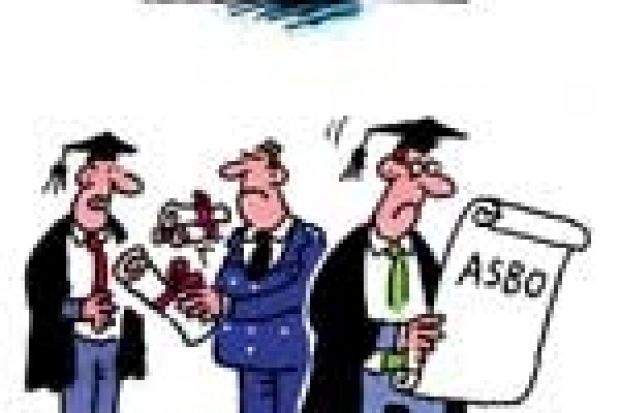More than 250 leading scientists have denounced the escalation of political assaults on climatologists. In an open letter to the journal Science, 255 members of the US National Academy of Sciences say that the evidence for anthropogenic climate change is so strong that it deserves to stand alongside theories such as evolution. "There is nothing remotely identified in the recent events that changes the fundamental conclusions about climate change," says the letter, published on 6 May. The signatories, who include 11 Nobel laureates, add that recent attacks on climate science have been fuelled by "special interests or dogma".
A priest-turned-scientist who refutes the idea that there is any contradiction between religion and science has been presented with the £1 million Templeton Prize. Francisco J. Ayala, a former Dominican priest, said on 6 May that he would donate the money to the University of California, where he is professor of biological sciences. On his personal beliefs, he said that "properly (science and religion) cannot be in contradiction because they deal in different subjects". The Templeton Prize is presented annually for an exceptional contribution to affirming life's spiritual dimension.
Students in Cambridge have been warned by police not to overdo it at end-of-term parties after bad behaviour in previous years, it was reported on 8 May. The Daily Telegraph said that the advice had been issued after a "notorious incident last year in which a 23-year-old Classics finalist was cautioned for assault after a bout of jelly-wrestling got out of hand".
The journey from history lecturer to MP was described by Tristram Hunt after he was elected Labour MP for Stoke-on-Trent Central last week. The former lecturer in modern history at Queen Mary, University of London said his majority of 5,600 was "a fulfilling end to an exhausting four-week transition". Writing on 9 May, he cited the maxim that in politics a majority of one is enough, the rest is ego. "On the penultimate day of campaigning, I knocked on the door of an elderly Barbadian gentleman. He said: 'Now you have to get down to London and represent our interests: to work hard for the people round here. We are putting our trust in you.' There is no room for ego in that."
(See related link on the right of this page)
The lie-in has long been a perk of student life, but now one university is compensating undergraduates who have been deprived of their sleep. It was reported on 10 May that students at the University of Essex are being paid £500 a term as compensation for being woken up by builders before 9am. The payouts follow a demonstration by the students' union, but locals are unimpressed. "What an absolute joke - student drinkers used to keep us awake until 4am with their drunken antics on a Tuesday and Thursday night," says one in a letter to the local newspaper.
Students have been warned of the danger of relying on technology for information - by Barack Obama. The US President, whose 2008 election victory was hailed by some as the first to be "won on the internet", gave the advice in a speech at Hampton University, Virginia. He said the high-tech revolution had not always been good for education. "With iPods and iPads, Xboxes and PlayStations - none of which I know how to work - information becomes a distraction, a diversion, a form of entertainment, rather than a tool of empowerment," he was quoted as saying on 11 May. "All of this is not only putting new pressures on you. It is putting new pressures on our country and on our democracy."
Science departments will be hit hardest by cuts in academic jobs, it was claimed on 11 May. The Financial Times said a survey it carried out of 40 universities where cuts had been mooted identified planned reductions in 16 science, technology, engineering or maths (STEM) departments. It said the cuts were driven by the high costs of science facilities. The claim comes despite an injection of cash for "strategically important" subjects, including STEM, and the provision of extra student places in STEM subjects next year.
Register to continue
Why register?
- Registration is free and only takes a moment
- Once registered, you can read 3 articles a month
- Sign up for our newsletter
Subscribe
Or subscribe for unlimited access to:
- Unlimited access to news, views, insights & reviews
- Digital editions
- Digital access to THE’s university and college rankings analysis
Already registered or a current subscriber?
